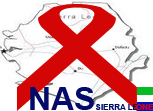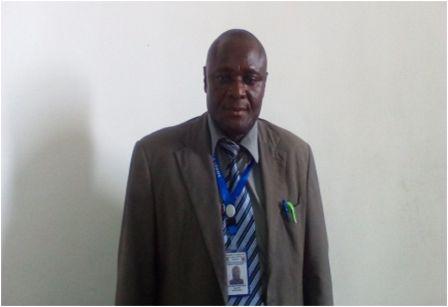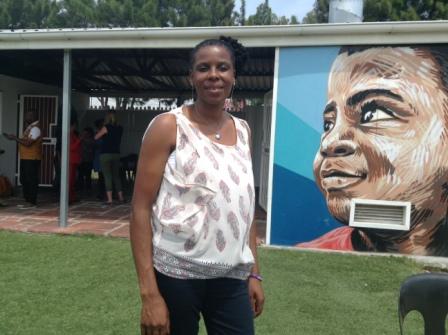Stakeholders meet on Country Ownership for HIV and AIDS response
Stakeholders drawn from across Sierra Leone have concluded a one day consultative meeting on Country Ownership for a sustainable HIV and AIDS response. The meeting was organized by the National AIDS Secretariat in collaboration with the United Nations Development Program and UNAIDS. The purpose of the meeting is to set the stage for an ongoing dialogue on country ownership that generates buy-in for all stakeholders; to identify drivers of enhanced country ownership and outline the elements of a strategy to address barriers to country-owned response; and to agree an on the types of support that country and development partners need to enhance country ownership.
In his opening remarks the Chairman of the Country Coordinating Mechanism, Christo Forster said HIV has been with us for a very long time and added that the only way to tackle it is to have an effective and sustainable response. “We want to keep it down, low and on a sustainable basis,” he said, and went on to state that country ownership involving every citizen is a good driving force to slow down the spread of the epidemic. “If it is not sustainable, we will lose the national response,” Mr. Forster said.
Director of the National AIDS Secretariat, Dr. Brima Kargbo who was recently given a Presidential honour as Grand Officer of the Order of the Rokel, recalled the commitment made by by World Leaders in 2001 to address AIDS issues. He informed his audience that if Sierra Leoneans want to see a successful implementation of the content of the National Strategic Plan (NSP 2010-2015), they should be of a strong partnership and come onboard to make it happen. “The resources mobilized through key partners have contributed to the stabilization of the epidemic,” Dr. Kargbo said, and assured that his Secretariat remains committed with the political will and partners to realize a downward trend.
Coordinator of the Network of HIV Positives, Idrissa Songo pointed out the fact that national ownership will set the stage for action. He reiterated the fact that Civil Society needs more capacity building so as to enable them play and effective role in the national response. “HIV still remains an emergency issue in Sierra Leone because we have about fifty thousand people that are positive, it is only ten thousand who know they are positive and we still have more than forty thousand out there,” says the NETHIPS Coordinator, and added that despite this situation, HIV activities are still underfunded.
Mr. Songo called on partners to work together for a better response to the epidemic.
Delivering the keynote address, the Minister of Social Welfare, Gender and Children’s Affairs, Denis Sandy informed the meeting that President Koroma is committed to ensure that the goals achieved in the national response are sustained. He said despite the fact that the country recently gained international recognition; Sierra Leoneans should not be complacent. “We should check on our achievement and look forward for more commitment. We should make meaningful input to ensure a higher probability for the success of ownership and sustainability,” Dr. Sandy said. Other speakers include the Deputy Chief Medical Officer in the Ministry of Health and Sanitation, Dr. Alhassan Sesay and the UNFPA Country Representative Mrs. Rati Ndlova.
Participants were placed in four groups to discuss four thematic areas, namely: ownership of policy and strategy; ownership of resources; ownership of processes; and contribution to country ownership by development partners.
By HARA
Stay with Sierra Express Media, for your trusted place in news!
© 2011, https:. All rights reserved.






